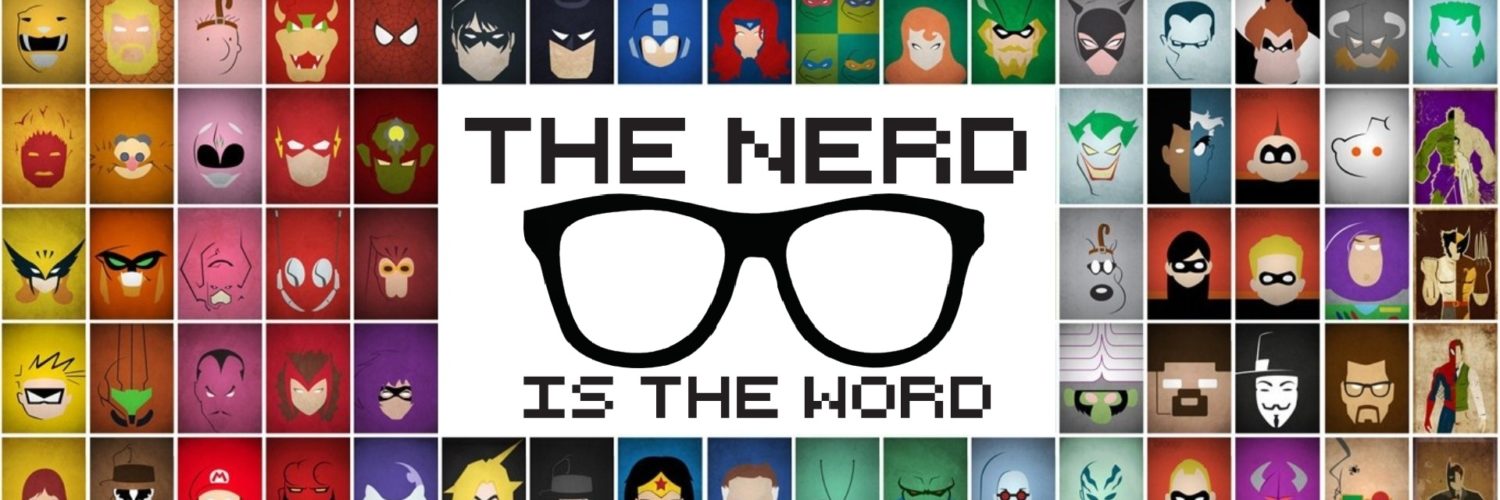
Rumours of M. Night Shyamalan’s Comeback Are Greatly Exaggerated
Director: M. Night Shyamalan
Starring: James McAvoy, Anya Taylor-Joy, Haley Lu Richardson, Jessica Sula and Betty Buckley
Studio: Universal
Rated: 14A
Running Time: 1 Hr, 57 Mins
Once Hollywood’s golden boy who could do no wrong, M. Night Shyamalan has fallen pretty far from Tinsel town’s graces. I was a huge fan of his work myself, even finding a corner in my critical heart for the otherwise despised Lady In The Water. But by the time The Happening and Avatar: The Last Airbender rolled around, I too had come to my senses. As had most movie studios. His name wasn’t even attached to the Will Smith/Jaden Smith sci-fi bomb After Earth. And while many heralded his 2015 thriller The Visit as a comeback for the king of the twist ending, I thought that movie was a disappointing mess.
The first revelation from Shyamalan’s new thriller Split is that he’s still stuck wandering Hollywood’s wilderness.
The second is that James McAvoy is easily one of Hollywood’s most extraordinary, versatile performers.
Video: Movieclips Trailers
When Casey Cook (Anya Taylor-Joy) and friends are kidnapped in broad daylight, they find they are dealing with something far more than any garden-variety abductor. Their kidnapper Kevin (McAvoy) suffers from Dissociative Identity Disorder and is home to 23 distinct, individual personalities. Each individual is so strong that Kevin’s body actually undergoes biological changes when certain personas assume command (one personality suffers from diabetes, requiring insulin whenever its in control).
A handful of malevolent identities have seized control of Kevin and have kidnapped the teenage girls to serve the purposes of a new and dark identity forcing its way to the surface. As a result Casey, who struggles with her own deeply troubled past, isn’t fighting against a single adversary, but rather three all working towards a common, sinister goal.
There’s only one reason to see this movie and that’s McAvoy’s performance. He shifts seemingly between different identities with convincing ease. Instead of making just one character real, he brings a number of them to vibrant life. There are scenes where he plays one identity masquerading as another and he provides Split’s only moments of both genuine humour and shiver inducing fear. This is seriously the kind of performance that needs recognition come award season (though don’t hold your breath for any Academy recognition this time next year).
The rest of the film is pointless.
Make no mistake; there is some storytelling potential here. Kevin’s personas are fully aware of each other and had worked out a system allowing them to manage day-to-day life while sharing time “in the light” until the mutiny by handful of hostile personalities. One of the personas even struggles against the malevolent “horde’s” seizure of their collective host, reaching out to their therapist (Betty Buckley) for help. The idea that Kevin’s condition may be the inspiration for millennia of supernatural folklore is also toyed with (and used as a crutch for the movie’s resolution). But instead of exploring these ideas and sinking its teeth into their potential, Split pushes them to the backseat despite how much they should compliment the narrative.
The flashbacks into Casey’s past feel like a cheap substitute to actual character development and have zero bearing on the story’s outcome. And Taylor-Joy, who broke out in last year’s The Witch, is completely overshadowed by McAvoy’s screen stealing performance.
Split plods and lurches from scene to scene, never really establishing a suitable pace. Most of its attempts at suspense flat and any patience invested during the film’s long stretches of inactivity in hopes of a payoff or twist at the end is wasted. There is no big reveal. And when McAvoy isn’t on screen, you simply don’t care about anything else going on.
Just as disappointing is Split’s failure to address concerns that it would feed into some of the stigmas around mental health and DID in general. Not only does it fail to look at those concerns, it doesn’t even seem interested in trying.
The irony is Shyamalan seems to realize how far he’s fallen as he inserts a post credit scene that recalls one of his earliest movies. But instead of being entertaining or amusing, it’s depressing. It feels like he’s holding up a little sign saying Hey remember how good I used to be? Those were the days.
Simply put, Split is worth a look only for McAvoy’s performance. If you do decide to check it out, lower your expectations, don’t expect an actual conversation on psychiatric conditions and don’t expect any late movie revelations.
Or a good movie.


